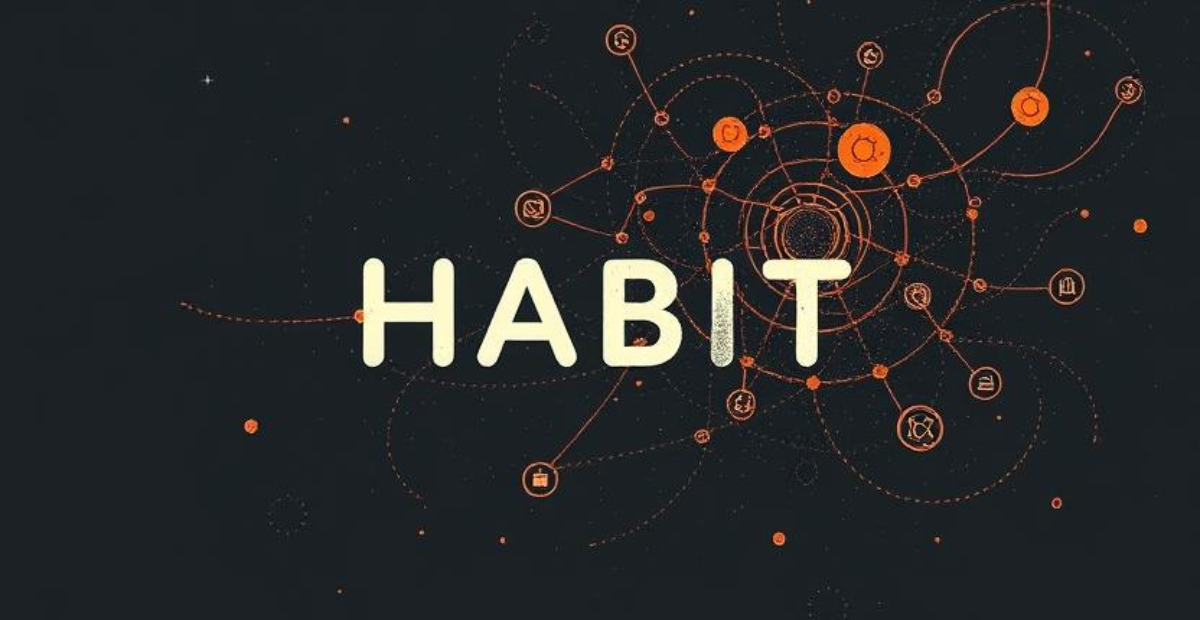Unlock the Power of Emotional Intelligence: Transform Your Life & Success
Have you ever wondered why some people navigate life’s challenges with grace while others struggle? The answer often lies in emotional intelligence (EI). Unlike IQ, which measures cognitive abilities, (EI) determines how well you understand and manage emotions—both your own and those of others.
Building emotional intelligence is essential for personal growth, career success, and fulfilling relationships. In this article, we’ll explore why emotional intelligence matters and how you can develop it to improve your overall well-being.
What is Emotional Intelligence?
(EI) refers to the ability to recognize, understand, and regulate emotions. Psychologist Daniel Goleman, a leading researcher on the topic, identified five key components of emotional intelligence:
- Self-awareness – Recognizing and understanding your emotions.
- Self-regulation – Managing emotions effectively.
- Motivation – Using emotions to achieve goals.
- Empathy – Understanding the emotions of others.
- Social skills – Navigating social situations with ease.
Developing these skills can enhance your emotional awareness and improve your interactions in personal and professional settings.
Why Emotional Intelligence Matters
Emotional intelligence is a crucial skill set for success in every aspect of life. Here are some of the key benefits of emotional intelligence:
1. Stronger Relationships
People with high EI communicate better, resolve conflicts effectively, and build deeper connections with others. Empathy and self-awareness allow for more meaningful interactions in both personal and professional relationships.
2. Improved Mental Health
High emotional intelligence helps individuals manage stress, anxiety, and depression. Understanding and regulating emotions reduces emotional outbursts and fosters a more balanced state of mind.
3. Greater Career Success
Studies show that individuals with strong emotional intelligence skills are more likely to excel in leadership roles. Employers value employees who can collaborate, adapt, and lead with empathy.
4. Enhanced Decision-Making
People with high emotional intelligence can make better decisions by balancing logic with emotions. Self-awareness helps individuals avoid impulsive choices and evaluate situations rationally.
5. Increased Resilience
Resilience is the ability to bounce back from setbacks. Emotionally intelligent individuals handle failure constructively, learn from mistakes, and remain optimistic even in difficult situations.
How to Develop Emotional Intelligence
1. Improve Self-Awareness
Becoming more aware of your emotions is the first step toward building emotional intelligence.
- Practice mindfulness – Pay attention to your thoughts and feelings without judgment.
- Keep a journal – Writing down emotions can help identify patterns and triggers.
- Seek feedback – Ask trusted friends or mentors how they perceive your emotional responses.
2. Strengthen Self-Regulation
Controlling your emotions prevents impulsive reactions and promotes thoughtful decision-making.
- Pause before reacting – Take a deep breath and assess your emotions before responding.
- Develop coping strategies – Use techniques like meditation, exercise, or deep breathing to manage stress.
- Stay adaptable – Learn to adjust to changing situations without becoming overwhelmed.
3. Cultivate Empathy
Empathy allows you to connect with others on a deeper level.
- Listen actively – Focus on understanding others’ perspectives without interrupting.
- Put yourself in others’ shoes – Imagine how others feel in different situations.
- Read emotional cues – Pay attention to body language and tone of voice.
4. Boost Social Skills
Strong social skills enhance both personal and professional relationships.
- Practice effective communication – Express yourself clearly and respectfully.
- Resolve conflicts constructively – Approach disagreements with a problem-solving mindset.
- Build a strong network – Surround yourself with emotionally intelligent individuals.
5. Stay Motivated
Emotional intelligence fuels intrinsic motivation, helping you stay focused on long-term goals.
- Set meaningful goals – Align your ambitions with your values and passions.
- Develop a positive mindset – Focus on solutions rather than obstacles.
- Celebrate progress – Acknowledge your achievements, no matter how small.
Final Thoughts
Emotional intelligence is a powerful tool that influences success, happiness, and overall well-being. By improving emotional awareness, developing self-regulation, cultivating empathy, and enhancing social skills, you can navigate life’s challenges with confidence and grace.
Ready to take action? Start practicing these techniques today and observe how they transform your relationships, career, and personal growth.
For more self-improvement tips, check out other insightful articles on FlourishBoard!
Any other feedback or suggestions?
There are no reviews yet. Be the first one to write one.







